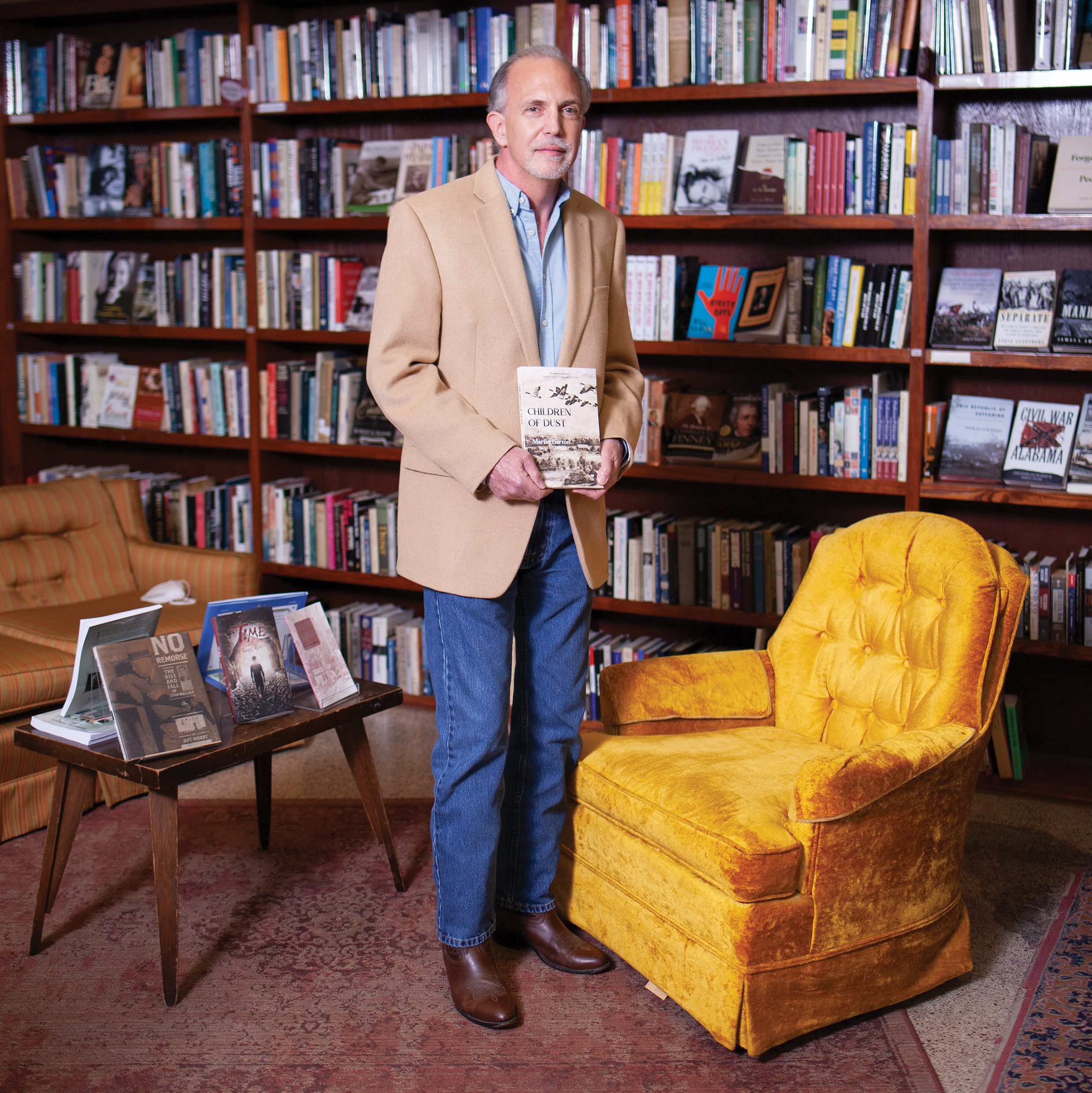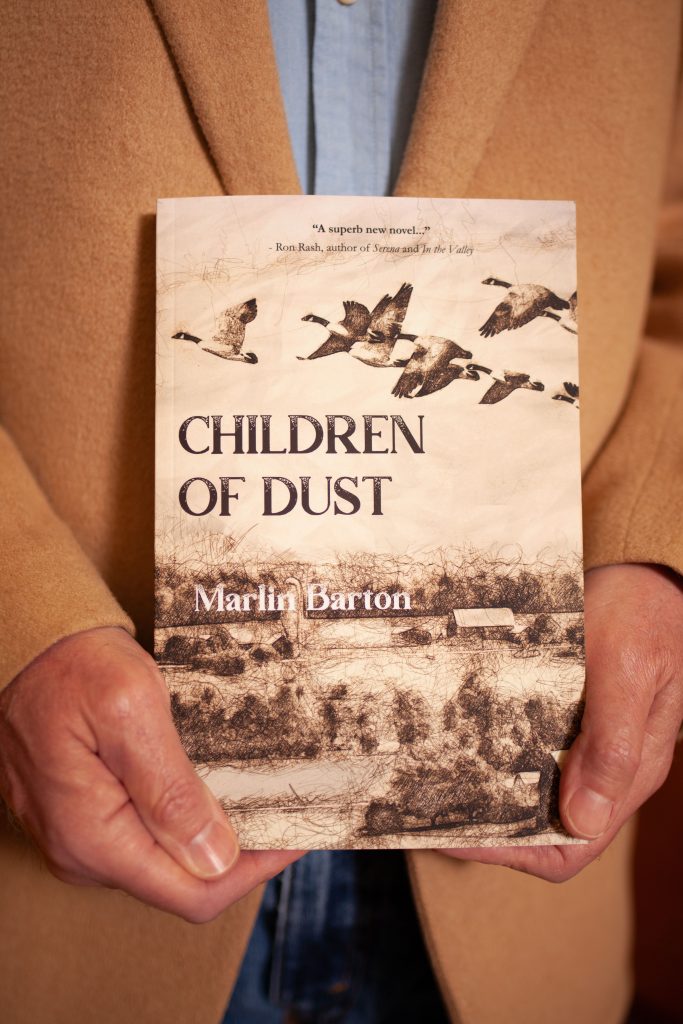
Stories can change lives. Just ask author and educator Marlin Barton (https://marlinbarton.com), a man who has witnessed firsthand the transformative power of stories. Barton grew up in Montgomery and Forkland, Ala., hearing stories read and told by family members and neighbors. Those stories helped a very young Barton overcome a learning disorder and go on to become an award-winning short story writer and novelist with six books to his name and a seventh on the way. Stories are also at the heart of his work teaching creative writing to graduate students at Converse College in South Carolina and to teenagers at Alabama’s Mt. Meigs juvenile correction facility. He sat down with us recently to talk about his personal story, the life-changing power of sharing stories and his writing. – Katie Jackson
How did your childhood experiences influence your love of words and writing?
My mother read to me constantly. And my grandmother was a big reader, too, so if you can inherit a love for reading that’s where mine came from. I was diagnosed with dyslexia when I was in kindergarten and began doing a therapy called “patterning” to rewire my brain. Every day while my mother was patterning me, she would read to me just to pass the time. It worked. I was on the program for only about 18 months.
What were other influences from your childhood?
My grandfather in Forkland, at the fork of the Black Warrior and Tombigbee rivers in Greene County, had a general store that sold everything from overalls to pump handles to buckets of lard, but people also came there to socialize. He had chairs in a front window and a little space heater where they would sit and talk, and I would listen. When my cousins came to visit, my father and grandfather would tell stories, too. I’m sure that listening to all those stories is part of what made me a writer.
Do those childhood experiences and stories ever end up in your books?
Yes. I think place shapes us and my fiction is pretty much set in a fictionalized version of Forkland. The two places – the imaginary and the real one – aren’t exactly the same, but there are certainly a lot of similarities.
Children of Dust, your latest novel, is a story about race, gender, relationships and a mystery that spans five generations of a rural Alabama family. Is any of it based in your own family’s history?
The husband and wife in the novel are based loosely on my great-great grandparents and I’ve drawn from a lot of family stories, history and lore.
In addition to teaching graduate-level creative writing, you’ve also spent 25 years teaching writing to juvenile offenders through the Writing Our Stories (WOS) program. What’s it like working with such a diverse range of students?

I enjoy teaching in the low-residency MFA program at Converse College because I get to teach writing at a higher level. But sometimes I feel like the most important work I do is teaching in the Writing Our Stories program. We work to help students become better readers and writers, but we also feel the program has therapeutic value because they write about things they’ve been through, and they’ve been through some very difficult troubles. And when they see their work in print and get to read it to an audience, they feel a great sense of pride. A lot of these kids have been told or feel like they are no good, but when they hear praise and applause it makes them feel better about themselves.
Does your own background come in handy as you teach?
When I work with kids who have reading and writing problems, sometimes I recognize they are dyslexic or have a reading disability, but that doesn’t mean they don’t have a sense of language. Early on (with WOS) one of my students wrote a poem and I couldn’t read it, so I asked him to just tell me what he wrote line-by-line, then I wrote down what he said. By the time he got to the end of the poem, I could see he had an innate sense of metaphor and he ended up writing some great work. I suppose my childhood did help prepare me to work with that kid (and others).
I know this is like asking if you have a favorite child, but do you prefer writing short stories or novels?
I’ve written three novels and as soon as I had the idea for each of those books, I knew immediately they were bigger than a short story. They were going to be longer and more complex. But I really think of myself as a short story writer first and foremost. Short stories are still my first love.




